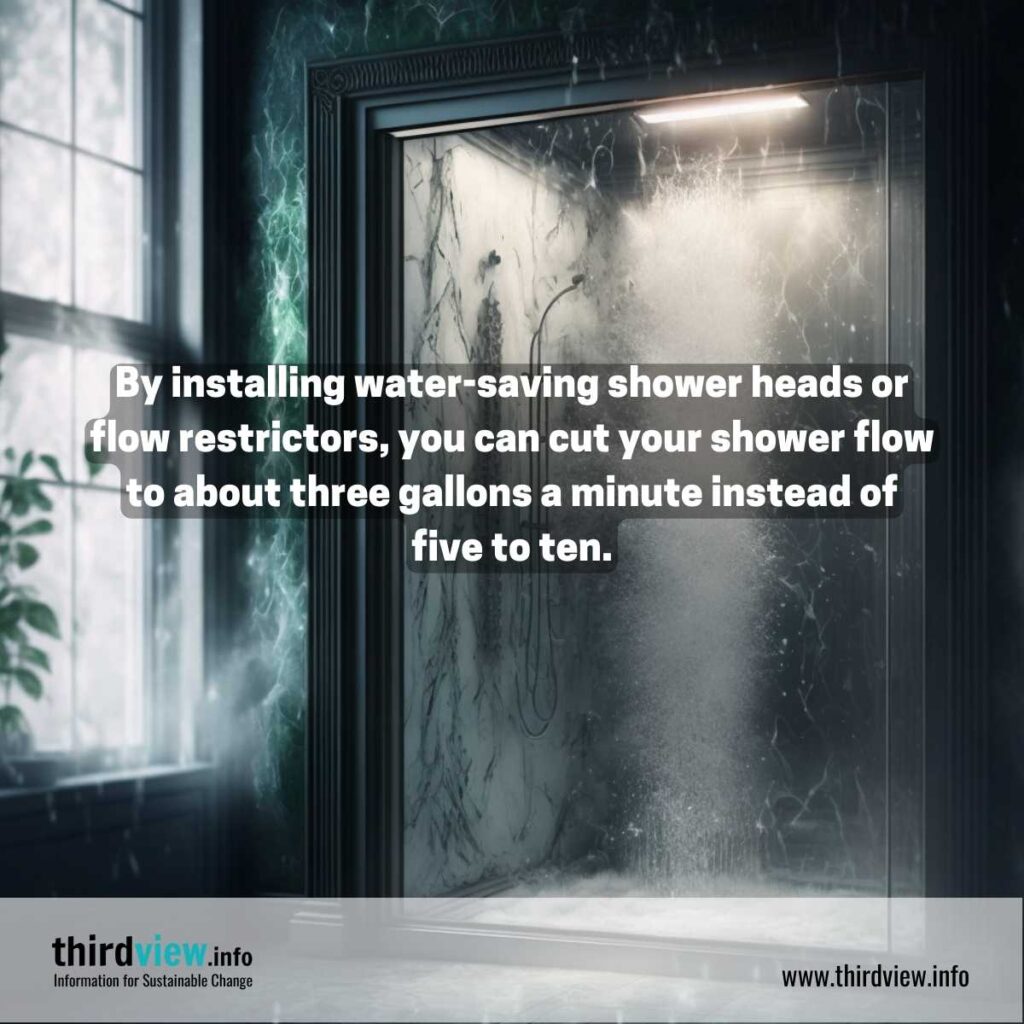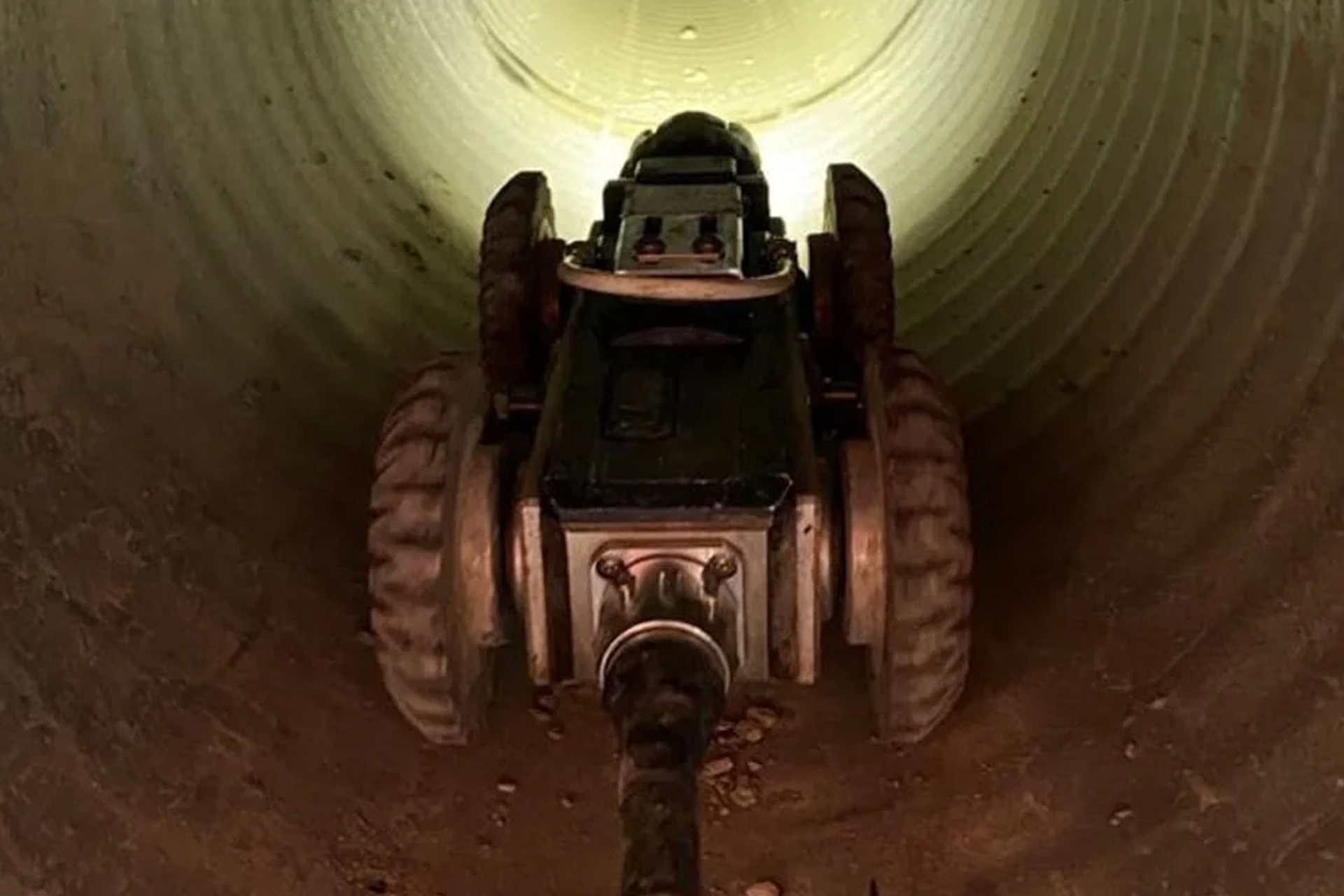The Facts About Reclaim Waste Uncovered
The Facts About Reclaim Waste Uncovered
Blog Article
The Single Strategy To Use For Reclaim Waste
Table of ContentsSome Known Details About Reclaim Waste The Basic Principles Of Reclaim Waste Top Guidelines Of Reclaim WasteReclaim Waste - An OverviewThe Best Guide To Reclaim Waste
Check out the types, incidents, and forms of liquid waste. Residential sewage waste refers to the waste and items from a domestic sewage-disposal tank. This kind of waste is created by people in homes, colleges, and other structures. This only includes sewage-disposal tanks that have a drain area. The appropriate monitoring and disposal of residential sewage waste call for liquid waste to be transferred to a sewage therapy plant where the proper approaches and equipment are put on purify and get rid of waste.
Industrial waste often consists of possible threats, such as flammable products or a blend of fluid and strong waste products, and calls for a more innovative and thorough disposal process. The disposal of business waste normally entails the filtration of waste prior to transport to guarantee risk-free and proper disposal. Industrial waste is created from results and overflow of commercial processes and production.
This kind of waste can not utilize the same sewage management transport or processes as septic or business liquids. The industrial waste management procedure requires the examination and testing of liquid waste prior to it goes through the disposal procedure (liquid waste disposal melbourne). Runoff waste is the fluid waste that originates from runoff and excess stormwater in very booming areas or cities
Overflow waste can cause contamination and flooding if not managed appropriately. Guaranteeing appropriate waste administration can protect against disasters and lower environmental injury.
What Does Reclaim Waste Do?
Get in touch with PROS Solutions today to find out about our waste management and disposal services and the correct means to care for the fluid waste you produce.
(https://reclaimwaste1.wordpress.com/2024/11/12/efficient-liquid-waste-disposal-in-melbourne-reclaim-wastes-expert-solutions/)This so-called 'wastewater' is not just a crucial source but, after treatment, will certainly be released to our land, waterways or the sea. Used water from commodes, showers, bathrooms, kitchen sinks, washings and industrial procedures is known as wastewater.

water utilized to cool machinery or clean plant and tools). Stormwater, a kind of wastewater, is drainage that streams from farming and urban locations such as roofings, parks, gardens, roads, paths and gutters right into stormwater drains, after rainfall. Stormwater streams neglected straight to local creeks or rivers, at some point reaching the sea.
7 Easy Facts About Reclaim Waste Explained
In Queensland, the majority of wastewater is treated at sewage therapy plants. Wastewater is transferred from residential or commercial sites via a system of drains and pump terminals, known as sewage reticulation, to a sewer therapy plant.
The Department of Natural Resources suggests neighborhood governments regarding handling, operating and keeping sewage systems and therapy plants. In unsewered locations, city governments may need homeowners to install individual or home sewage treatment systems to deal with domestic wastewater from toilets, kitchens, washrooms and washings. The Department of Natural Resources authorises the usage of family systems when they are verified to be reliable.
The majority of stormwater gets no treatment. In some new class, treatment of some stormwater to get rid of clutter, sand and gravel has begun using gross pollutant traps. Wastewater treatment happens in four phases: Removes solid matter. Bigger solids, such as plastics and other objects wrongly released to sewers, are removed when wastewater is passed through screens.
Wastewater then streams right into large containers where solids clear up and are gotten rid of as sludge. Oil and residue are skimmed from the surface area. Makes use of little living microorganisms called micro-organisms to damage down and remove remaining liquified wastes and great particles. Micro-organisms and wastes are incorporated in the sludge. Gets rid of nitrogen and phosphorus nutrients that could trigger algal blossoms in our waterways and endanger aquatic life.
Reclaim Waste - Truths
Nutrient elimination is not available at all sewage therapy plants since it requires costly specialized equipment. Clear liquid effluent generated after treatment might still include disease-causing micro-organisms - industrial wastewater treatment.

This usually means wastewater has actually to be dealt with or contaminants gotten rid of prior to it can be discharged to rivers. Many wastewater streams right into the sewerage system. Under the Act, regional governments administer approvals and licences for environmentally appropriate activities (Periods) including wastewater launches that could have a neighborhood influence. The department carries out authorizations and permits to Periods including wastewater releases that may have a regional or statewide influence.
A Biased View of Reclaim Waste
Or else, samples are considered lab analysis. Frequently numerous examinations are needed to develop the degrees of each of the various toxins such as oils, hefty metals and chemicals in water. Tracking supplies valid info regarding water quality and can verify that licence conditions are being fulfilled. The details obtained with surveillance offers the basis for making water quality choices.
Report this page